Dropbox cuts 16% of staff, cites new AI focus
The layoffs mark one of the first tangible examples of AI-related cuts at a major tech company
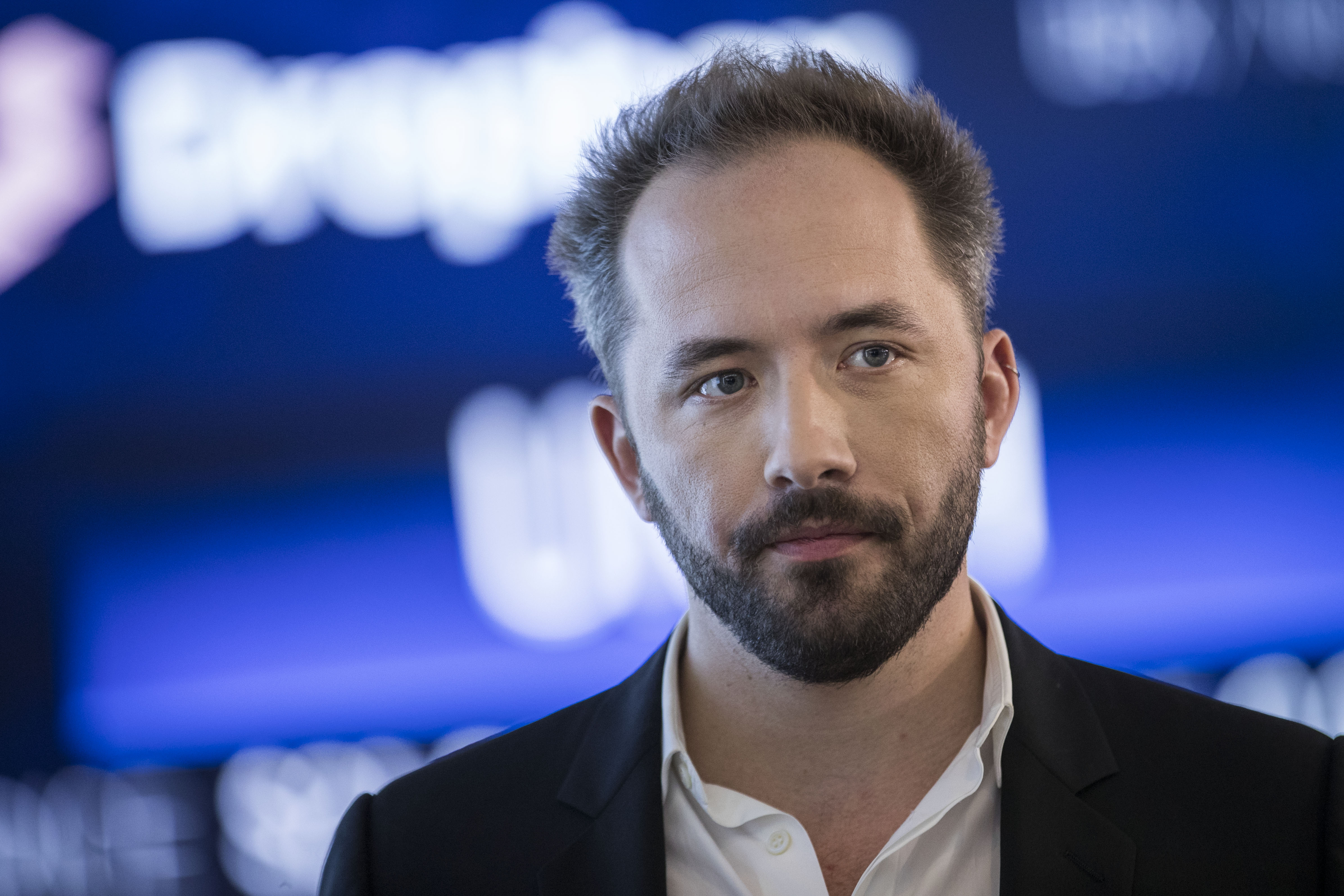

Dropbox has announced it plans to cut 16% of its workforce, equivalent to around 500 staff, as the company bets on artificial intelligence (AI) to support future operations.
In a statement yesterday, CEO Drew Houston outlined the reasoning behind the company’s round of layoffs, noting sluggish growth and economic headwinds have “put pressure on our customers” and the business.
While economic factors have played a role in the decision to cut staff, Houston said that recent developments in the AI space have also played a key role.
By cutting staff, it appears the company will be able to focus on the development of AI-supported products, on which the company has been bullish in recent months.
“The AI era of computing has finally arrived,” he said. “We’ve believed for many years that AI will give us new superpowers and completely transform knowledge work. And we’ve been building towards this future for a long time, as this year’s product pipeline will demonstrate.”
Houston said that the acceleration of generative AI products has unfolded “more rapidly than any of us could have anticipated” and that Dropbox seeks to keep pace with competitors exploring the use of AI within core service offerings.
RELATED RESOURCE

The Total Economic Impact™ of IBM iX digital commerce services
Delivering strategic growth with experience-led commerce solutions
Crucially, he noted, this means that the company will focus heavily on attracting staff with skill sets spanning AI and early-stage product development.
Get the ITPro daily newsletter
Sign up today and you will receive a free copy of our Future Focus 2025 report - the leading guidance on AI, cybersecurity and other IT challenges as per 700+ senior executives
“In an ideal world, we’d simply shift people from one team to another. And we’ve done that wherever possible,” he said. “However, our next stage of growth requires a different mix of skill sets, particularly in AI and early-stage product development.”
“We’ve been bringing in great talent in these areas over the last couple years and we'll need even more.”
Dropbox’s decision to cut staff comes amid a period of rising concern over the potential impact of AI on the global jobs market.
The acceleration of generative AI products such as ChatGPT in the last six months has sparked warnings that human workers could be at risk as companies seek to integrate AI platforms and streamline processes.
ANALYSIS

The explicit connection between the layoffs and AI is likely to leave a bad taste in the mouths of workers who have been promised for years that these tools will assist them, rather than replace them.
Houston has said the quiet part rather loudly in his admission that Dropbox would move people around rather than engage in layoffs “in an ideal world”.
Artificial intelligence, particularly new generative AI models into which many companies have heavily invested, has arrived at an unfortunate time where worker rights and security are concerned.
It also provides grim reading for those in the tech industry and beyond who work in a department that could soon adopt AI tools on a larger scale.
The UK’s Trades Union Congress (TUC) has already issued a warning over the potential for AI to endanger workers’ rights, and these conversations will only intensify as practice such as this continues.
A recent study from Goldman Sachs suggested that as many as 300 million jobs worldwide could be lost to automation.
The study, published in March, predicted that around 18% of work could become computerized and that AI-related job losses are expected to significantly impact advanced economies.
“A new wave of AI systems may have a major impact on employment markets around the world,” the company said. “Shifts in workflows triggered by these advances could expose the equivalent of 300 million full-time jobs to automation.”
Sam Altman, CEO at OpenAI, the California tech company behind ChatGPT, has been vocal over the potential risk of AI-related job losses in recent months.
In an interview with ABC News in March, Altman warned that he was a “little bit scared” of what generative AI tools could mean for the global labor force.
"It’s going to eliminate a lot of current jobs, that’s true,” he said at the time. “We can make much better ones. The reason to develop AI at all is that I believe this will be - in terms of impact on our lives and improving our lives and upsides - will be the greatest technology humanity has yet developed.”

Ross Kelly is ITPro's News & Analysis Editor, responsible for leading the brand's news output and in-depth reporting on the latest stories from across the business technology landscape. Ross was previously a Staff Writer, during which time he developed a keen interest in cyber security, business leadership, and emerging technologies.
He graduated from Edinburgh Napier University in 2016 with a BA (Hons) in Journalism, and joined ITPro in 2022 after four years working in technology conference research.
For news pitches, you can contact Ross at ross.kelly@futurenet.com, or on Twitter and LinkedIn.
-
 Bigger salaries, more burnout: Is the CISO role in crisis?
Bigger salaries, more burnout: Is the CISO role in crisis?In-depth CISOs are more stressed than ever before – but why is this and what can be done?
By Kate O'Flaherty Published
-
 Cheap cyber crime kits can be bought on the dark web for less than $25
Cheap cyber crime kits can be bought on the dark web for less than $25News Research from NordVPN shows phishing kits are now widely available on the dark web and via messaging apps like Telegram, and are often selling for less than $25.
By Emma Woollacott Published
-
 Top five security considerations for Generative AI (Gen AI)
Top five security considerations for Generative AI (Gen AI)whitepaper Protection across AI attack vectors
By ITPro Published
-
 Prepare for the future now. Achieve greater, secure productivity, using AI with the latest Dell PCs powered by Intel® Core™ Ultra and Copilot
Prepare for the future now. Achieve greater, secure productivity, using AI with the latest Dell PCs powered by Intel® Core™ Ultra and Copilotwhitepaper Protection across AI attack vectors
By ITPro Published
-
 Top five security considerations for generative AI (Gen AI)
Top five security considerations for generative AI (Gen AI)whitepaper Accelerate your adoption of a secure and scalable infrastructure foundation with Dell AI Factory with NVIDIA
By ITPro Published
-
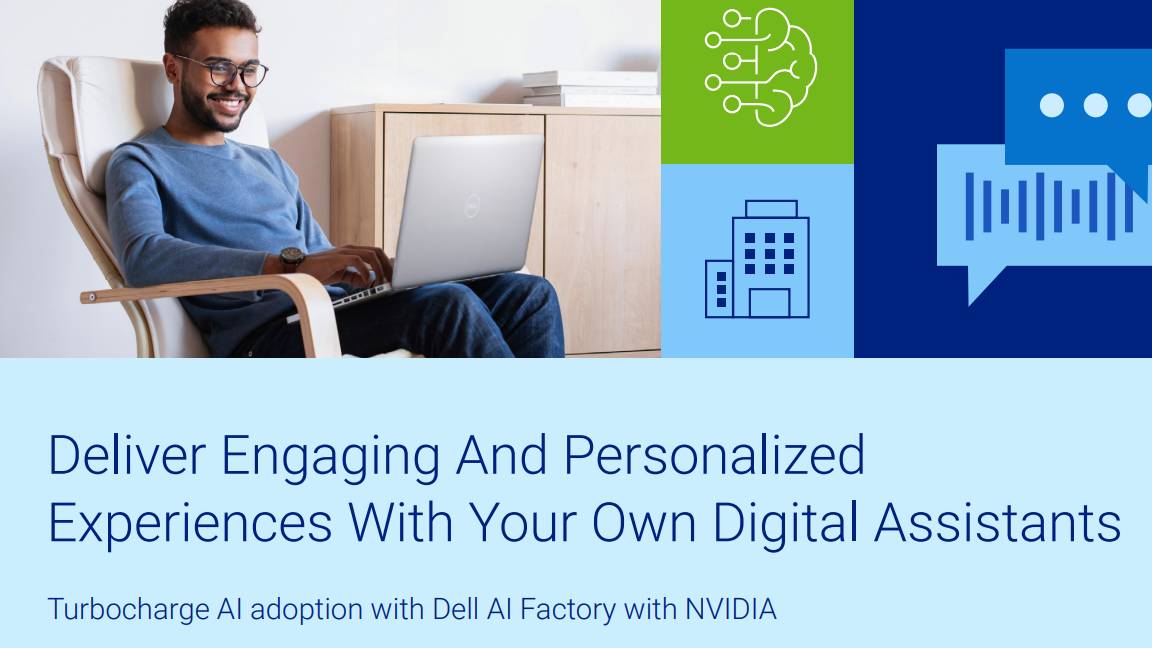 Deliver engaging and personalized experiences with your own digital assistants
Deliver engaging and personalized experiences with your own digital assistantswhitepaper Protection across AI attack vectors
By ITPro Published
-
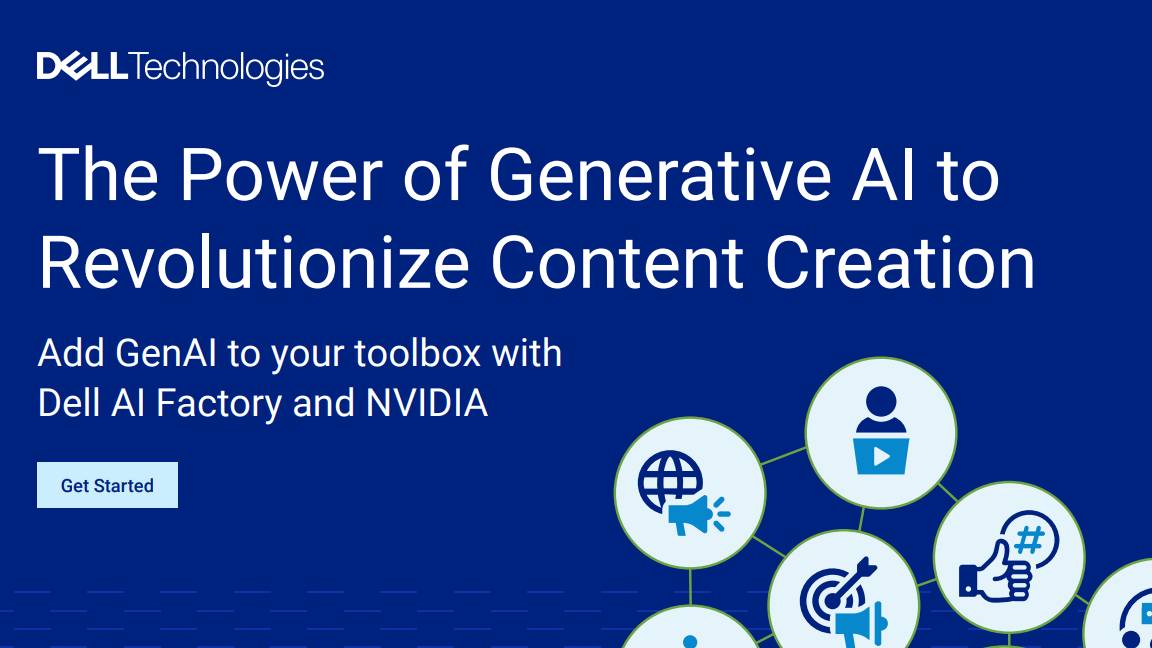 The power of generative AI to revolutionize content creation
The power of generative AI to revolutionize content creationwhitepaper Protection across AI attack vectors
By ITPro Published
-
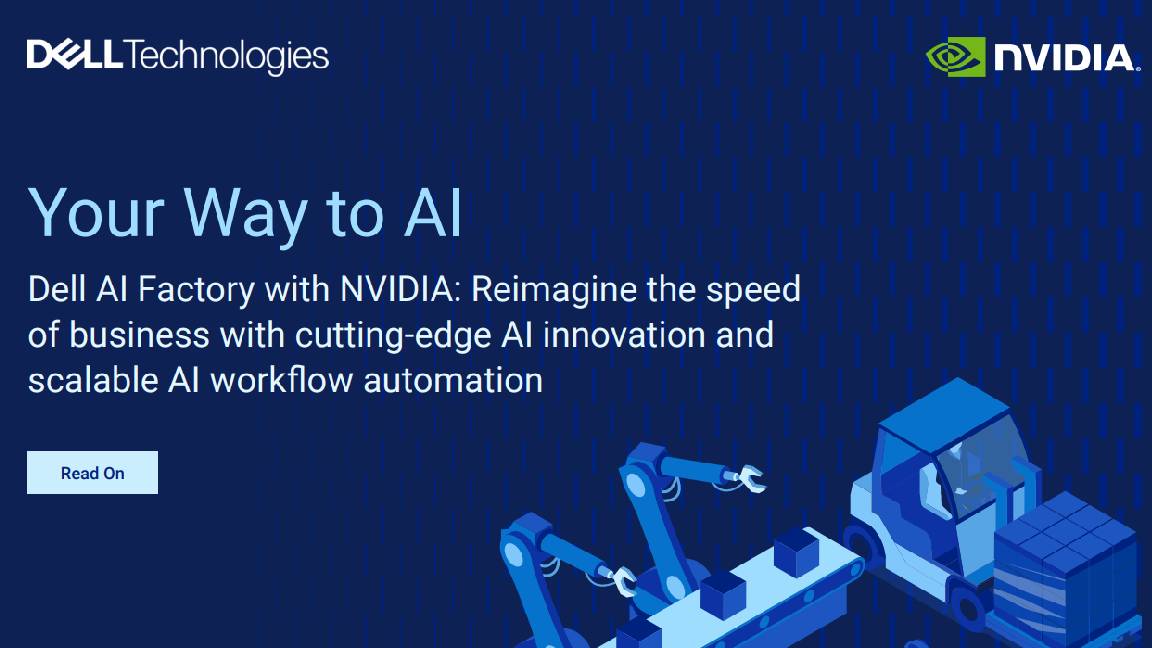 Your way to AI
Your way to AIwhitepaper Protection across AI attack vectors
By ITPro Published
-
 Maximize your data insights with AI
Maximize your data insights with AIwhitepaper Chart your path to success by unlocking the power of your data
By ITPro Published
-
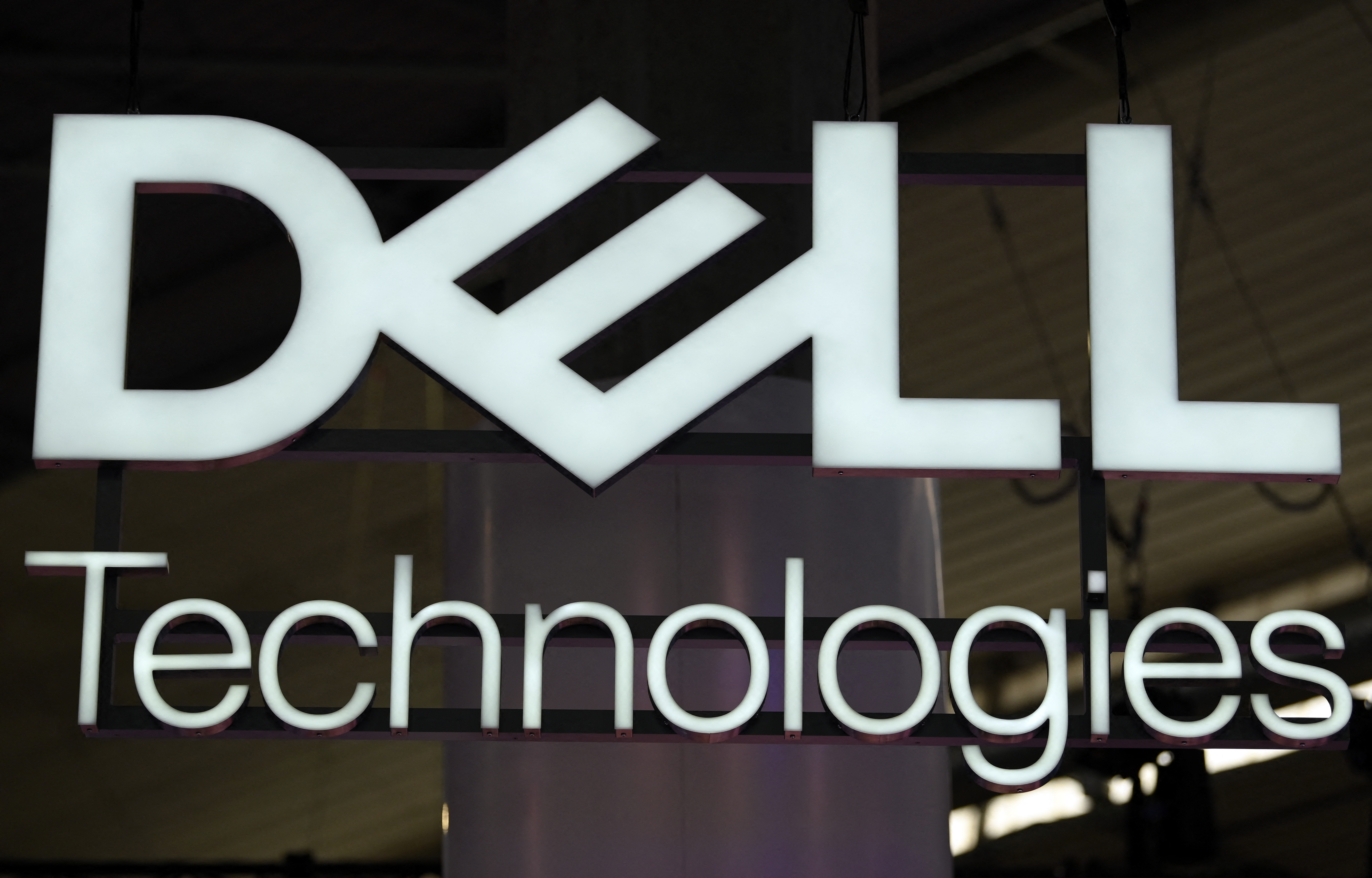 Unleashing the power of large language models like ChatGPT for business
Unleashing the power of large language models like ChatGPT for businesswhitepaper Save time and money when organizing unstructured data
By ITPro Published